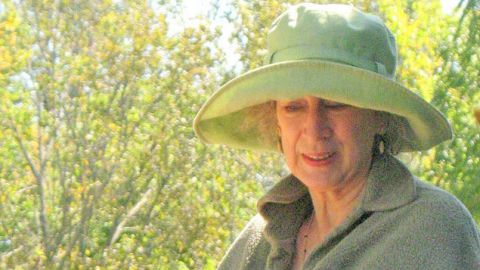Why I Write Speculative Fiction

I read 1984 probably three years after it was first published. I read Brave New World around that time in my life. I read a book called Darkness and Noon, which is actually not speculative fiction or science fiction. It’s life during the purges in the Soviet Union, but it read to me very much like that kind of book.
Growing up in the ‘40’s, I was still in the golden age of sci-fi, and I just knew it. So I also did some work on it earlier in my life and I guess I always wanted to write a book like that. And the first one that I wrote was called The Handmaid’s Tale. And I wanted, among other things, to try to solve the problem that those kinds of book have, which I call the tour of the garbage disposal plant, in which the person says to the visiting character, “Well in your day, you did this terribly inefficient thing, but now we have this wonderful garbage disposal plant.” And there’s a lot of exposition like that and I want to be able to tell the story like that without those big chunks of exposition.
In Their Own Words is recorded in Big Think’s studio.
Image courtesy of Shutterstock





